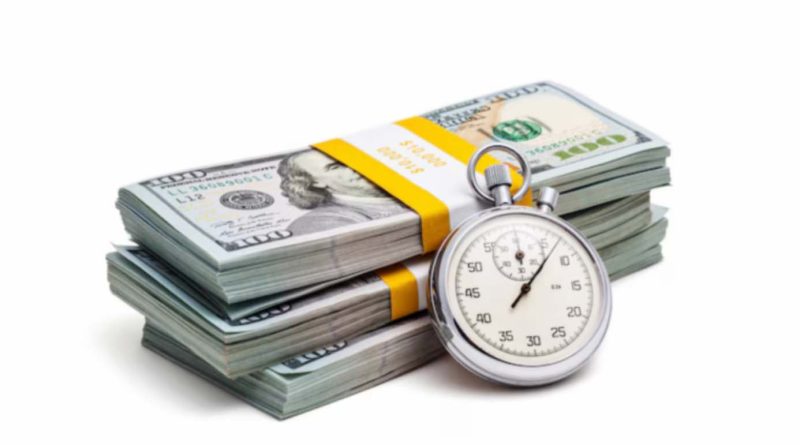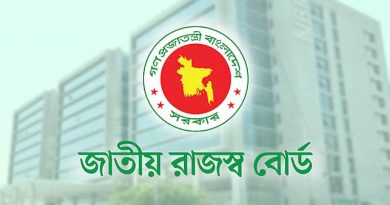The government repaid Tk3,439 crore more than it borrowed from banks during the first four months of the 2025–26 fiscal year, marking a rare shift in its borrowing pattern.
According to Bangladesh Bank data, total government debt from the banking sector stood at Tk6.33 lakh crore as of October 30—down from Tk7.57 lakh crore in June. Officials and economists attribute the decline to sluggish development spending, lower interest rates on treasury bills, and reduced credit demand across the economy.
Development spending slowdown
Between July and October, the government repaid Tk900 crore to the central bank and Tk2,540 crore to scheduled banks. In contrast, it borrowed Tk12,501 crore from non-bank sources such as insurance firms, financial institutions, and private investors.
The fiscal year’s bank borrowing target is Tk1.04 lakh crore, but only 8.7% of that—about Tk9,062 crore—was borrowed in the first four months.
Officials said the slowdown reflects a lack of major public projects under the interim administration. “Once a new government takes office and mega projects resume, borrowing will increase,” said a Bangladesh Bank official.
According to the Implementation Monitoring and Evaluation Division (IMED), the government spent just Tk12,158 crore—or 5%—of its Tk2.38 lakh crore annual development budget in the first quarter.
A senior banker noted that with lower imports, private sector credit demand has weakened, while subdued government spending further dampens business activity.
Shift to non-bank borrowing
The government increasingly turned to non-bank sources, where borrowing costs were lower. “Insurance companies, corporate investors, and provident funds have been buying more treasury bills and bonds,” said a central bank official. “Their bids often undercut banks, making it cheaper for the government to borrow.”
Last year, banks earned solid returns from T-bills and bonds, with yields exceeding 12%. Now, rates hover closer to 10%, reducing banks’ enthusiasm for government securities.
Private credit at four-year low
Private sector credit growth fell to 6.29% in September, the lowest in four years, extending a steady downward trend. Economists say this reflects weak investment sentiment, sluggish domestic demand, and slow job growth amid persistent inflation.
“Overall investment remains subdued,” said M Masrur Reaz, chairman and CEO of Policy Exchange of Bangladesh. “Imports have not fully recovered, and manufacturing and services are feeling the slowdown. This could hurt small business employment.”
Mati ul Hasan, managing director of Mercantile Bank PLC, added that while exports and remittances remain stable, imports of capital machinery for industries such as garments and spinning have fallen. “Banks with surplus liquidity are turning to government securities, but lower interest rates are squeezing returns,” he said.
Outlook
Analysts warn that without a rebound in public investment and private sector credit, the current trend may deepen the economy’s slowdown—leaving both government and businesses reluctant to borrow, and banks awash with idle funds.






